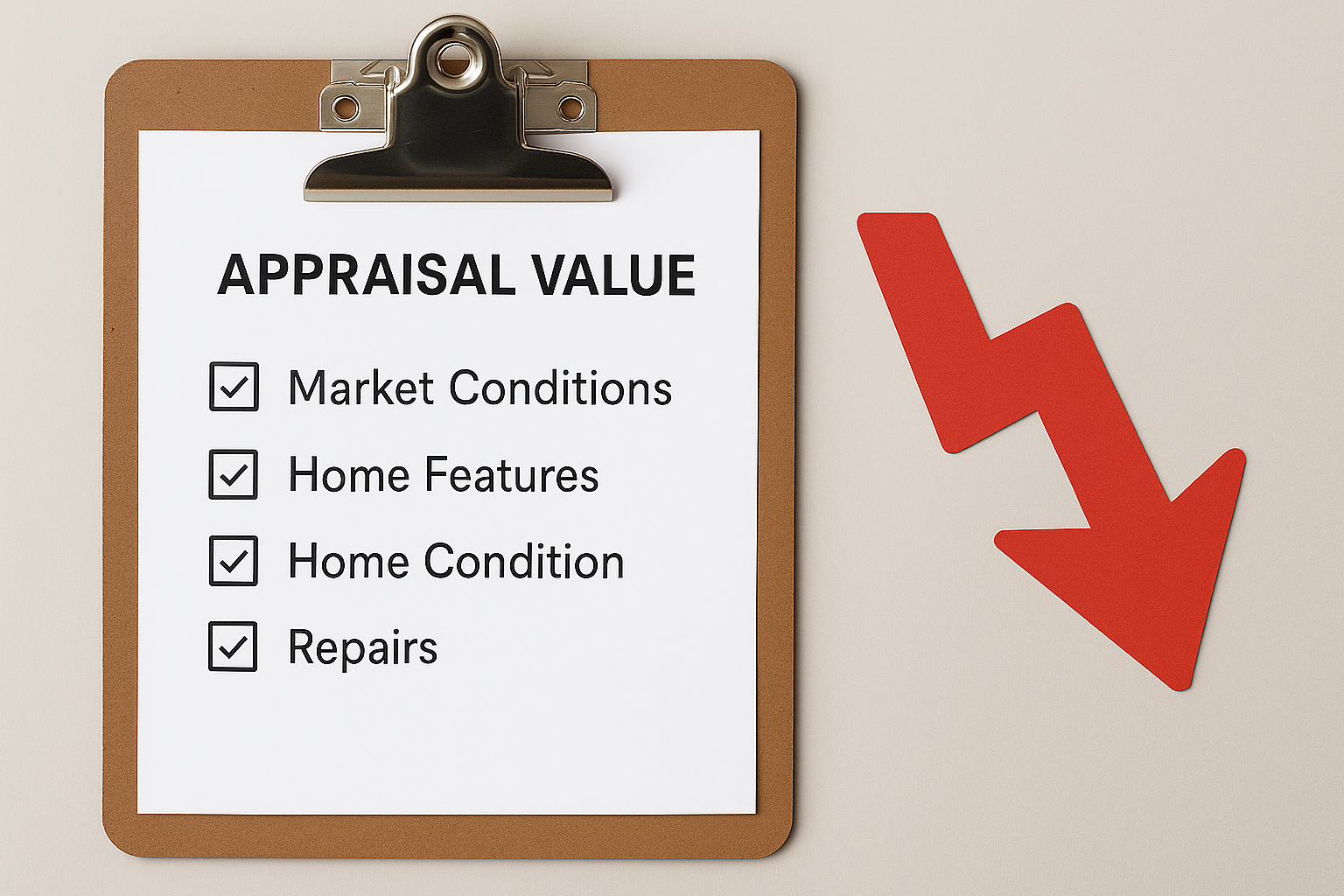Table of Contents
ToggleMortgage Approvals & Debts
When applying for a mortgage in Canada, lenders assess multiple factors, including income, credit history, and current debt levels. Your total debt load plays a crucial role in determining whether you qualify for a mortgage and how much you can borrow. A high level of debt can either reduce the amount a lender is willing to offer or lead to outright rejection.
Understanding the role of debt in mortgage approval is essential for potential homebuyers. Different types of debt impact your financial profile in various ways, influencing key mortgage approval metrics such as Gross Debt Service (GDS) and Total Debt Service (TDS) ratios. Lenders consider these ratios to ensure borrowers can handle their mortgage payments alongside other financial obligations. By learning how to manage and reduce debt effectively, prospective homebuyers can improve their chances of securing a mortgage with favourable terms.
Understanding Debt and Mortgage Approval
Debt includes financial obligations that require regular payments, such as:
- Credit card balances
- Student loans
- Car payments
- Personal loans
- Lines of credit
Lenders analyze these debts to determine financial stability and mortgage eligibility.
The Canadian mortgage approval process involves evaluating the following:
- Income and employment stability – Lenders assess income consistency and job security.
- Credit history and score – A higher credit score improves approval chances and interest rates.
- Debt ratios (GDS and TDS) – Lenders ensure borrowers can handle additional financial commitments.
- Down payment and loan-to-value ratio – A higher down payment can offset debt concerns.
Government and regulatory bodies, including the Canada Mortgage and Housing Corporation (CMHC), set guidelines to protect borrowers and lenders. Banks and private lenders must ensure that approved borrowers have a manageable level of debt, preventing financial distress that could lead to mortgage default.
Key Debt Ratios in Mortgage Approval
Lenders rely on two critical financial ratios when determining mortgage eligibility: Gross Debt Service (GDS) ratio and Total Debt Service (TDS) ratio.
Gross Debt Service (GDS) Ratio
The GDS ratio measures the percentage of a borrower’s income allocated toward housing costs, including:
- Mortgage payments
- Property taxes
- Heating expenses
- Half of condominium fees (if applicable)
Formula:
Most lenders prefer a GDS ratio below 35%.
GDS = Mortgage Payments+Property Taxes+Heating Costs+(50%×Condo Fees, if applicable)
Gross Income
Total Debt Service (TDS) Ratio
The TDS ratio includes all monthly debt obligations alongside housing expenses, showing a borrower’s overall debt burden.
Formula:
Lenders generally prefer a TDS ratio below 42%. A higher ratio suggests financial strain and increases the risk of mortgage rejection or a lower mortgage amount.
TDS = GDS Expenses+Other Debt Payments
Gross Income
How High Debt Ratios Affect Mortgage Approval
A borrower with high GDS or TDS ratios may experience:
- Mortgage rejection due to excessive debt obligations.
- Reduced loan amounts based on risk assessments.
- Higher interest rates as compensation for perceived lending risks.
- Requirement for a larger down payment to offset the debt burden.
Types of Debts and Their Specific Impacts
Different types of debts affect mortgage approval in unique ways. Lenders analyze each financial obligation to determine the overall impact on a borrower’s mortgage eligibility.
Credit Card Debt
- High balances increase the TDS ratio.
- Maxed-out credit cards lower credit scores.
- Lenders prefer utilization below 30% of available limits.
Student Loans
- Contribute to the TDS ratio.
- Flexible repayment plans can improve eligibility.
Car Loans and Leases
- Large monthly payments impact borrowing capacity.
- Leasing often results in higher obligations than financing.
Personal Loans and Lines of Credit
- Add to total debt obligations.
- High balances can reduce mortgage affordability.
Strategies to Manage Debt Before Applying for a Mortgage
Reducing debt before applying for a mortgage can increase eligibility and secure better loan terms.
Effective strategies include:
Pay Down High-Interest Debt
- Prioritize paying off credit card balances.
- Reducing high-interest debt lowers the TDS ratio and improves credit scores.
Debt Consolidation
- Combining multiple debts into a single lower-interest loan simplifies payments.
- Options include home equity loans, balance transfers, and personal loans.
Reduce Credit Utilization
- Keeping credit card balances below 30% of available credit limits enhances mortgage eligibility.
- Avoid opening new credit accounts before applying for a mortgage.
Case Studies: Debt Scenarios and Mortgage Outcomes
High Credit Card Debt Leading to Mortgage Denial
Scenario: A homebuyer with $15,000 in credit card debt had a TDS ratio of 48%.
Outcome: The borrower was denied a mortgage due to excessive debt. They paid down their balances and successfully reapplied with a lower TDS ratio.
Successful Mortgage Approval After Debt Consolidation
Scenario: A borrower struggling with multiple loans consolidated $20,000 in debt into a home equity loan, reducing their TDS ratio from 45% to 37%.
Outcome: They qualified for a mortgage with favourable terms and lower interest rates.
Conclusion
Debt plays a crucial role in mortgage approval decisions in Canada. Lenders analyze GDS and TDS ratios, credit history, and financial stability to determine borrower eligibility. Managing debt effectively before applying for a mortgage can increase the chances of approval and secure better financing options.
Prospective borrowers should:
- Reduce high-interest debt before applying.
- Consolidate liabilities where possible.
- Maintain a healthy credit profile and low credit utilization.
By taking proactive steps, homebuyers can improve their mortgage eligibility and achieve homeownership with greater financial confidence.
- Leased Land Mortgages in Ontario: How to Qualify and What to Expect - June 30, 2025
- Hard Money Mortgage Lending in Canada: A Homeowner’s Guide - June 9, 2025
- What is Home Equity and How Does It Work? Learn More 2025 - June 6, 2025






